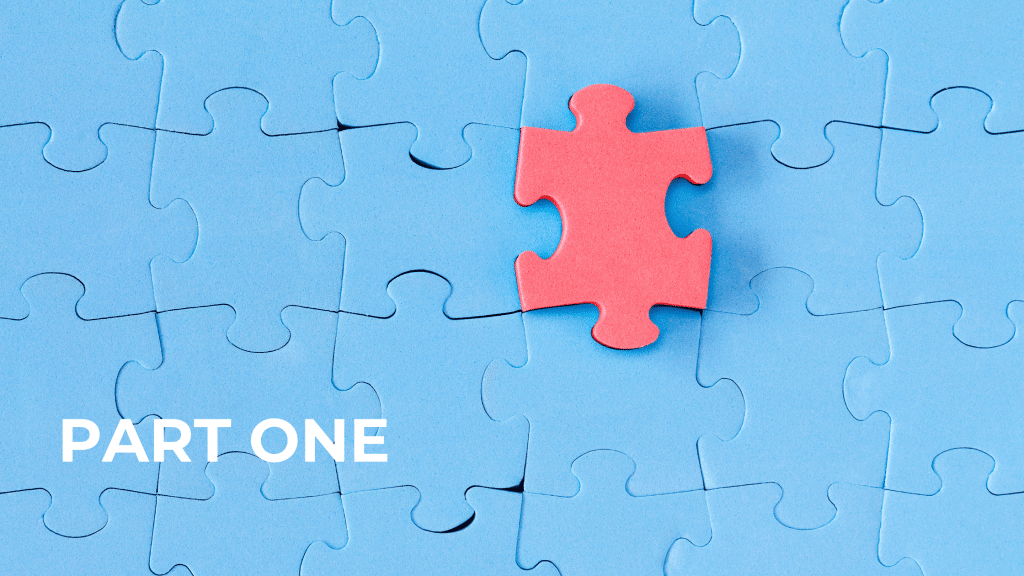Are any of the following pressing your buttons right now?
⦁ People are like deer in headlights; unable to maintain focus, make decisions or be productive when faced with ambiguity or uncertainty at work.
⦁ Some people are blocking opportunities, slowing down progress and holding back the rest of the team.
⦁ You need innovative solutions to respond to challenges and people are stuck in old ways of thinking.
⦁ Progress is slow because people are overwhelmed by the volume and complexity of work.
⦁ Crucial decisions are being avoided because people don’t have all the information they want.
⦁ People are focused on the obstacles and limitations instead of exploring other perspectives that could lead to new possibilities.
⦁ People give up too easily and are unwilling to take risks or try new things because they have a hard time dealing with failure and setbacks.
The common denominator here is the level of ambiguity people can tolerate.
Did you know that less than 10% of people in the workplace have a clear tolerance for ambiguity?
Those 10% experience less stress, a greater sense of well-being, and an ability to be more decisive, which enables them to navigate a way forward despite unknowns.
Given the World Economic Forum, Global Risks Perception Survey 2022-23 found that ‘together [global risks] are converging to shape a unique, uncertain and turbulent decade to come’ the scale and range of unknowns is likely to increase.
And if you’re comfortable with ambiguity and enjoy challenging work, you may be surprised to discover that you could be contributing to your current situation.
The good news is we are not powerless – we can take positive action to help people tolerate situations that are uncomfortable when they are unfamiliar or uncertain.
If you want to know more about what is driving those people pushing your buttons and what you can do about it, you may wish to subscribe and download the latest white paper on Embracing the Unknown.
Leveraging tolerance of ambiguity strengths and focusing on development opportunities is like building an immune system that helps you withstand and adapt to the viruses and bacteria that emerge in the surrounding environment.
Just like a strong immune system allows you to resist infections and recover quickly, having at least a clear tolerance for ambiguity empowers you to embrace the unknown without being overwhelmed.

As Charles Darwin said, “It is not the strongest of the species that survives, nor the most intelligent, but the one most responsive to change”.







